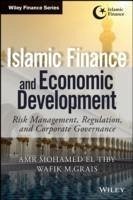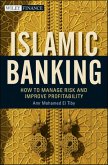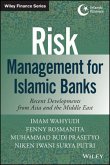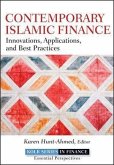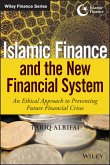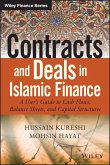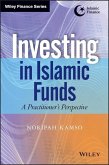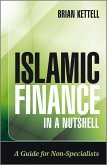A comprehensive guide to mitigating risk and fostering growth in the Islamic financial sector Islamic finance, like conventional finance is a business of financial intermediation. Its distinctive features relate to the requirement that it abides by Shari'a rules that promote fairness of contracts and prevention of exploitation, sharing of risks and rewards, prohibition of interests, and tangible economic purpose. Islamic finance should not fund activities considered "haram" or sinful. In Islamic Finance and Economic Development: Risk, Regulation, and Corporate Governance, authors Amr Mohamed El Tiby and Wafik M. Grais expound how these distinctive features bear on the opportunities and challenges facing the Islamic finance industry's development, risk management, regulation and corporate governance. An experienced banker with various Middle East banking institutions, notably as former Vice President at UAE Union National Bank and Mashreq bank, Dr. El Tiby offers an informed perspective on corporate finance from within the Islamic finance industry. With a long experience in international development and finance, notably as former Director at the World Bank and Founder and Chairman of a Cairo-based Financial Advisors company, Dr. Grais brings global financial experience on the topics of financial systems assessments, corporate governance, Islamic finance, and public policy. * Covers the history and basics of Islamic finance, and provides insight into current conditions and future landscape * Explores regulatory framework, including opportunities and challenges for the industry's development and mainstreaming * Presents an approach to developing a systemic Shari'a governance framework to govern operations in the Islamic finance industry
Dieser Download kann aus rechtlichen Gründen nur mit Rechnungsadresse in A, B, BG, CY, CZ, D, DK, EW, E, FIN, F, GR, HR, H, IRL, I, LT, L, LR, M, NL, PL, P, R, S, SLO, SK ausgeliefert werden.
Hinweis: Dieser Artikel kann nur an eine deutsche Lieferadresse ausgeliefert werden.

